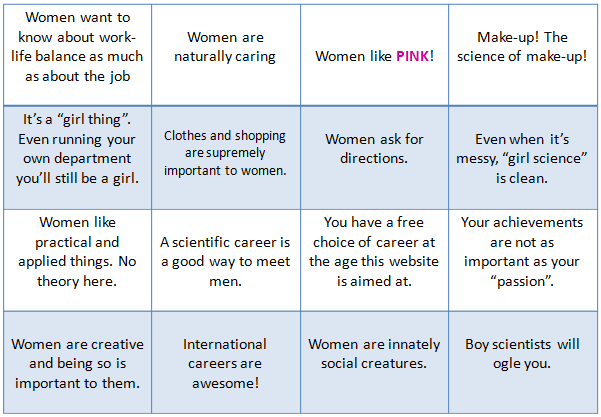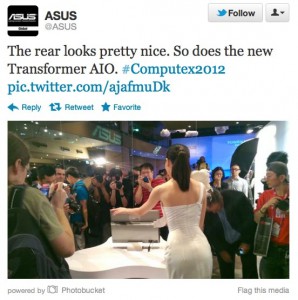The Olympic brand is big money, and anyone who can get their hands on it gets extremely protective. LOCOG (the organising committee of this year’s games in London) is busy scrubbing the capital clean of any logos not belonging to their corporate sponsors. Their guidelines on prohibited and restricted items [PDF] ban “[a]ny objects or clothing bearing political statements or overt commercial identification” from the Olympic venues. Want to wear your Che Guevara t-shirt to the beach volleyball finals? Forget it. A number of Twitter accounts protesting or satirising the Olympics have been suspended at LOCOG’s request for fear that people my genuinely think “official protesters of the London Olympic Games” are somehow affiliated with the brand. Visa is switching off competitors’ cash points in Olympic venues, lest you get your cash for your £7 pint of Heineken (you guessed it, no other lager allowed) from the Co-operative bank. Coca Cola’s marketing chief feels this level of enforcement is “appropriate given the amount of money that the sponsors are putting in”.
Not to be left behind, the US Olympic Committee have waded in on the action – by picking on knitters of all people. Ravelry, the popular, members-only, social network for crafters, holds an annual event formerly known as the Ravelympics – a bit of highly creative, highly productive and somewhat competitive fun featuring events such as charity rowing and scarf hockey. USOC feels this infringes on their intellectual property rights.
Thus, Ravelry.com’s unauthorized use of the mark OLYMPIC or derivations thereof, such as RAVELYMPICS, may constitute trademark infringement, unfair competition and dilution of our famous trademarks.
Arguably, if you feel you can’t compete with a small, members-only social network of people wielding pointy sticks, your brand has bigger problems. To add insult to injury, USOC also contend that knitting is unworthy of being called “Olympic” (emphasis mine):
The athletes of Team USA have usually spent the better part of their entire lives training for the opportunity to compete at the Olympic Games and represent their country in a sport that means everything to them. For many, the Olympics represent the pinnacle of their sporting career. Over more than a century, the Olympic Games have brought athletes around the world together to compete in an event that has come to mean much more than just a competition between the world’s best athletes. The Olympic Games represent ideals that go beyond sport to encompass culture and education, tolerance and respect, world peace and harmony.
The USOC is responsible for preserving the Olympic Movement and its ideals within the United States. Part of that responsibility is to ensure that Olympic trademarks, imagery and terminology are protected and given the appropriate respect. We believe using the name “Ravelympics” for a competition that involves an afghan marathon, scarf hockey and sweater triathlon, among others, tends to denigrate the true nature of the Olympic Games. In a sense, it is disrespectful to our country’s finest athletes and fails to recognize or appreciate their hard work.
I am willing to bet that there are knitters on Ravelry who have spent considerably more hours perfecting their craft and making beautiful things in the process than most Olympic athletes have spent training. That is, however, beside the point. USOC’s justification for this farcical action is that, in exchange not getting any Federal funding for their activities, Congress has granted them the exclusive commercial use of the word “Olympic” and other associated bits and pieces. Which made me think that all of this ludicrous money-grabbing may present quite a neat solution for a rather different problem.
See, there is a reason that we call them “Olympic” games, and it’s that they are modelled after an event invented by the ancient Greeks which used to take place at the sanctuary of Olympia. I’m envisioning a letter from Greece to the IOC…
Dear IOC,
We note that you are using the name “Olympic” to make lots of money. We kinda have prior art on this, and we have found ourselves in a sport of financial bother. Effective immediately, we will start charging a license fee on the use of the word “Olympic” of $$millions and millions. Oh, scrap that, we’ll make it retroactive, right back to 1904.
Pay up.
Love,
Greece
Just sayin’

